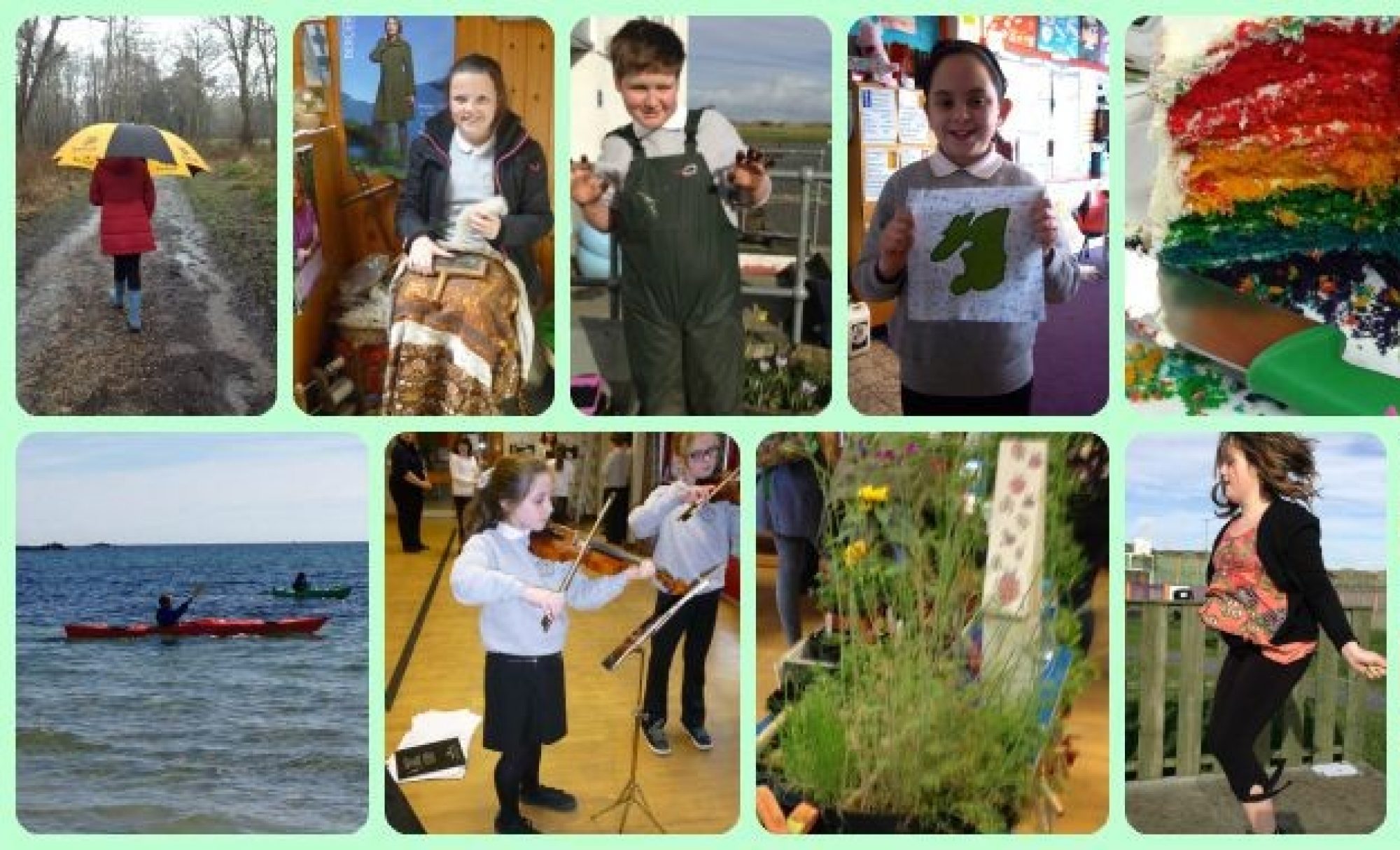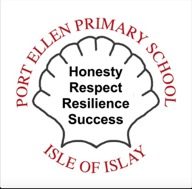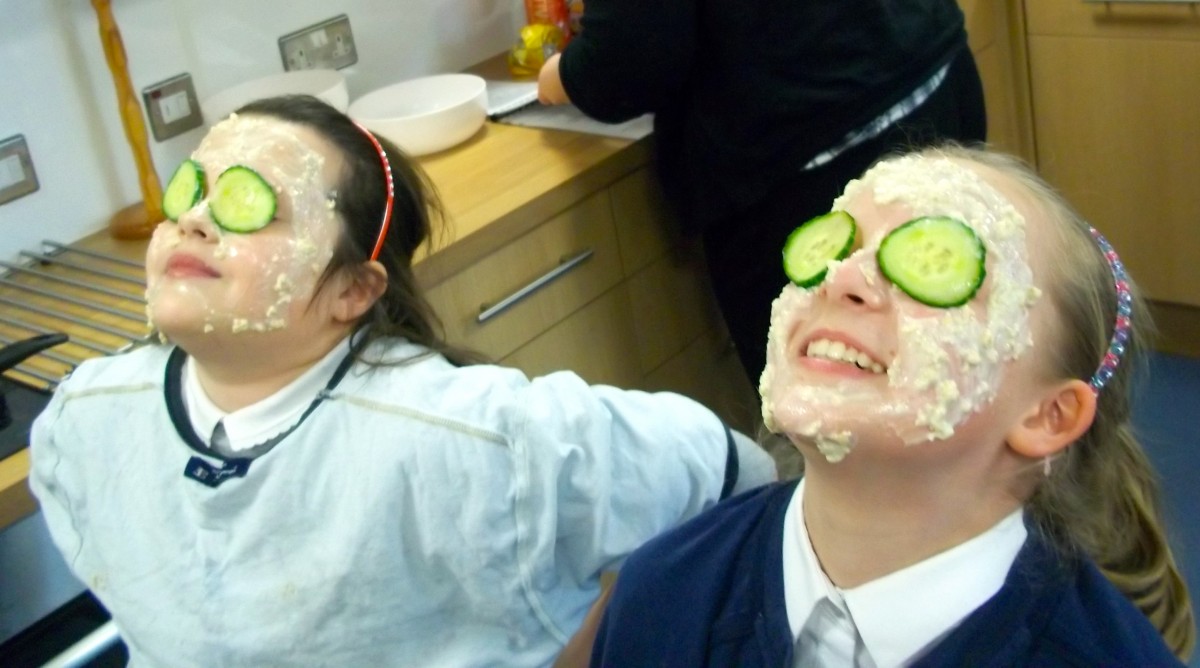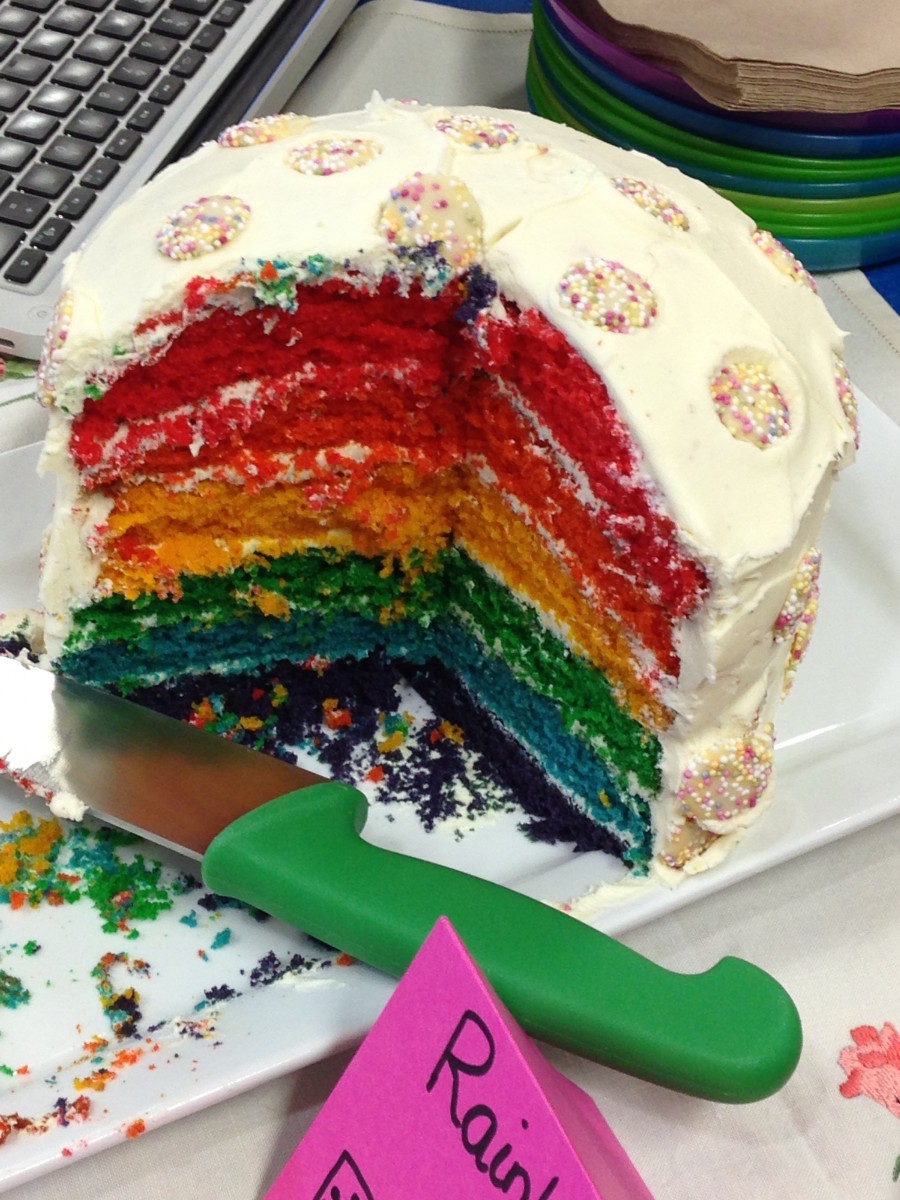Here are the outlines for some of the projects carried out in 2014:
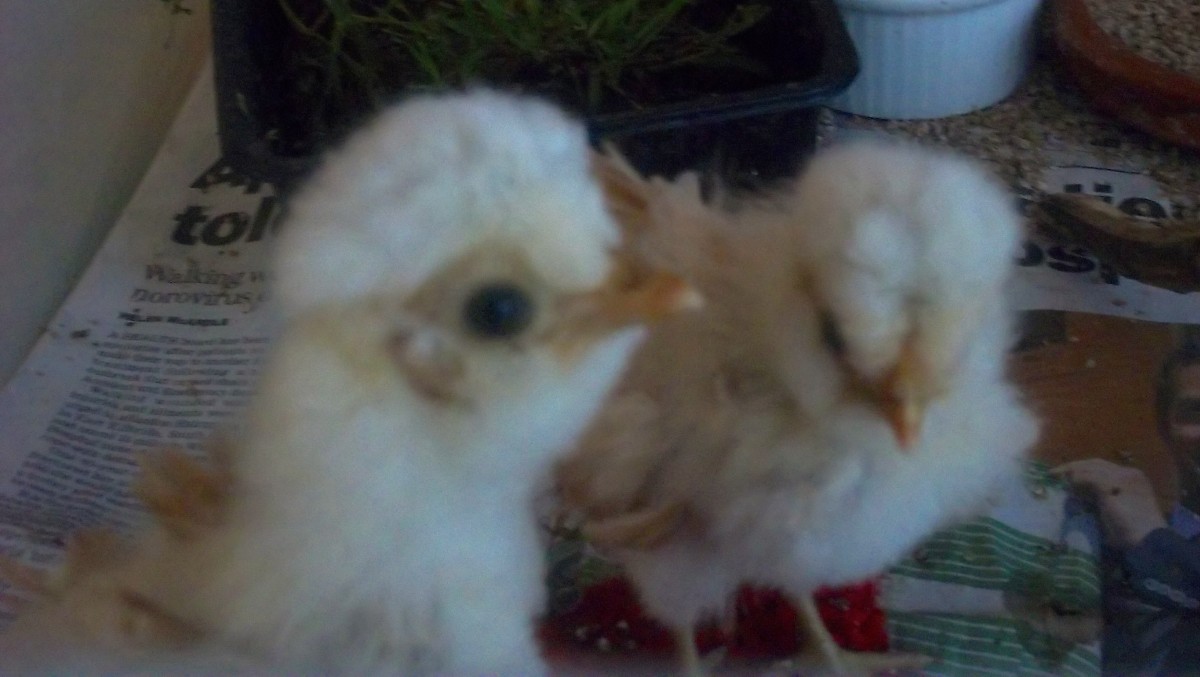 ALICIA
ALICIA
CHICKEN FARMING
I will research the care of chickens, chicken housing and breeds of chicken. I will build a model chicken coop, then use this as a model to build my own house. Having persuaded Mrs Macdonald to have chickens in school I will then incubate and hatch the chickens.
ROBBIE
CLIMATE CHANGE AND NATURAL DISASTERS
I am interested in learning about natural disasters, what causes them and how climate change may have an effect. This will involve a lot of research, and I also hope to make experiments that look at the effects of climate.
 CAMERON
CAMERON
CROFTING
I am interested in setting up my own garden at home with raised beds, and planting and managing the school croft. I will write to the Beechgrove garden for advice, will need to research vegetables and growing conditions, build and maintain my garden. We could use vegetables grown in the school croft for a café.
ELEANOR
OFFICE SKILLS
I would like to work in an office when I grow up and so I have decided to learn about the skills needed to work in an office. I will create spread sheets, learn about keeping books and get experience working in an office for my dad and in school. At the end I will be able to make a working model of an office.
 CIARA
CIARA
FITNESS
In school we have learned about health and I wanted to try and become more healthy by learning about keeping fit. I will walk and do fitness at home, research fitness techniques and run a fitness afternoon at school.
ASHER
SURVIVAL SKILLS
I will research tribes around the world and the different survival skills they have learned. Looking at survival skills, I will try different activities such as foraging, lighting fires and building shelters and then use these to organise a trip into the wilderness where I will need to apply my skills.
JODIE
HORSE RIDING INSTRUCTOR
I would like to be a horse riding instructor so I plan to learn all aspects of horse riding, including making a labelled model and writing a blog. I hope to teach someone from my class to ride a horse and make a video of how to tack a horse.
EMILY
WRITE MY OWN BOOK
I enjoy reading and writing so I have decided to write my own book for my Endeavour project. I will research top tips, plan my plot and then write and edit the story, getting people to read and suggest improvements as I go.
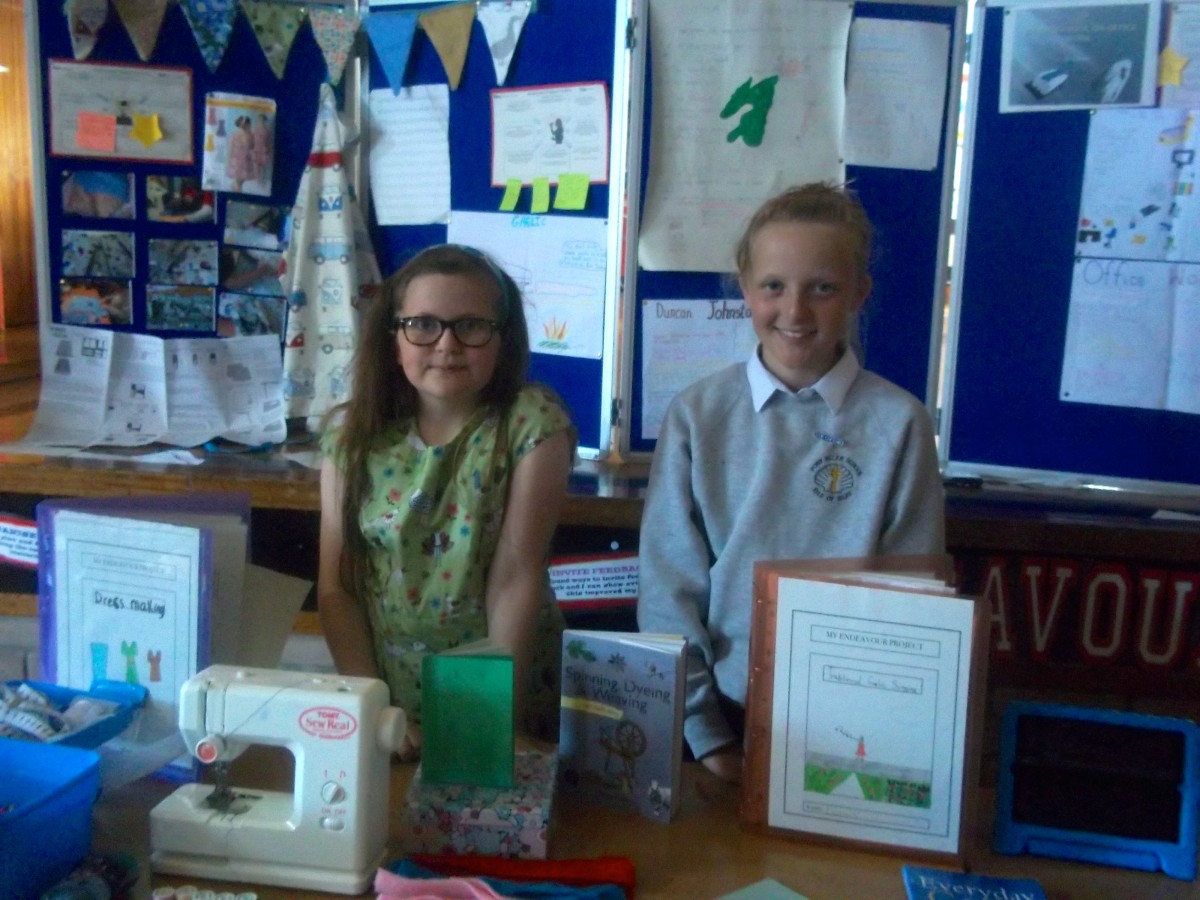 ANWEN
ANWEN
SEWING CLOTHES
For my Endeavour I want to learn how to sew and make my own clothes and other items. I plan to make a skirt and top, as well as a bag which means I need to learn how to use a pattern, sew by hand, use a sewing machine and design clothes.
